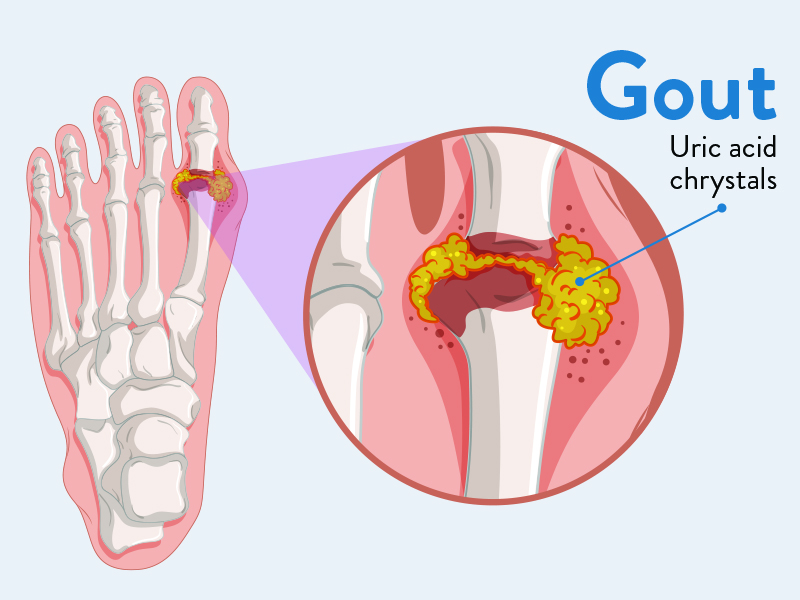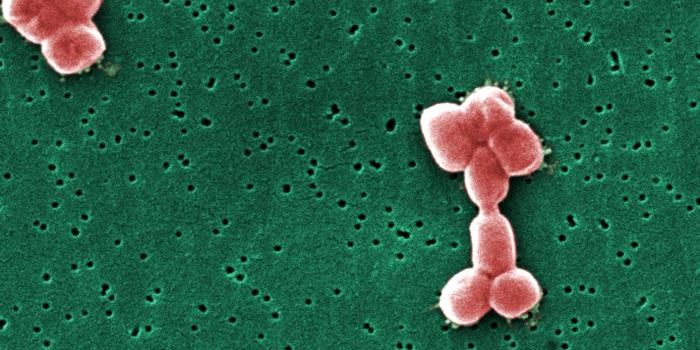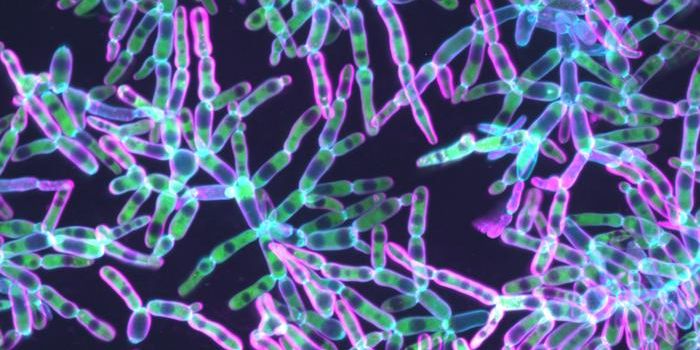Why Are Some At Risk For Gout Disease?
Caused by constantly elevated levels of urate in the blood, Gout disease leads to severe joint pain and swelling particularly in the toes, knees, elbows, wrists, and fingers. Often gout is treated by prescription drugs and if left untreated, it can cause severe joint damage, as well as damage to the kidneys and overall quality of life. But, what causes some individuals to be at risk for this painful arthritic disease and others are not?
Now, a study published in the journal Human Molecular Genetics, shows that scientists at the University of Otago have characterized a genetic variant that may answer the question to why some people are at risk of gout disease. The research was led by PhD student Sarada Ketharnathan in collaboration with Associate Professor Julia Horsfield from the Department of Pathology and Professor Tony Merriman from the Department of Biochemistry.
The genetic variant that was characterized is called the PDZK1 gene which encodes the PDZK1 protein. The protein normally assists in the excretion of urate through the kidney and gut. This allowed researchers to understand that variations in the expression of the PDZK1 gene control the amount of urate, which if high, can crystallize and ultimately causing gout.

"We found that the genetic variant doesn't affect the PDZK1 protein, but causes a change in the amount of the PDZK1 gene produced," Associate Professor Horsfield explains. "Unexpectedly, the effect of the genetic variant in humans is in the gut as well as the kidney. We confirmed this by studying where the variant switches on gene expression in zebrafish embryos, which are ideal because their embryos are transparent," she says. "Our results have identified a new molecular pathway for gout, enabling new understanding of why there is gout risk in patients with this particular genetic variant."
The understanding of genetic variations and how such variation can contribute to an individual’s risk to gout or kidney disease can inform the new choice of treatments particularly with the growth of personalized medicine. "This kind of scientific understanding of disease risk is bringing us into a new age of 'precision medicine'."








